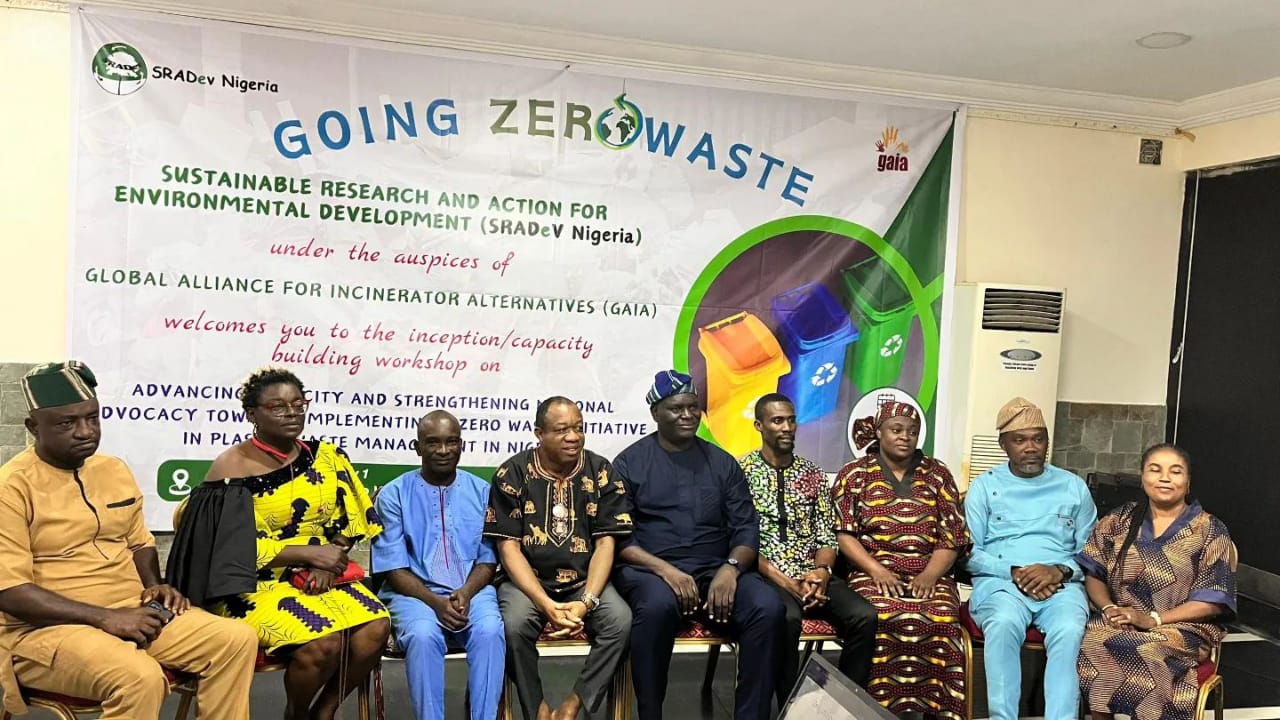Sustainable Research and Action for Environmental Development (SRADeV) Nigeria, in collaboration with other environmental organizations, such as Global Alliance for Incinerator Alternatives (GAIA), Pan African Vision for the Environment (PAVE), Sustainable Environment Development Initiative, Community Development Advocacy Foundation (CODAF), and Centre for Earth Work (CfEW) have voiced strong opposition to the Lagos State Government’s proposed waste-to-energy incinerator project. This initiative, supported by the state’s partnership with the Dutch firm Harvest Waste Consortium, aims to establish a waste-to-energy plant at the Epe landfill.
Speaking on behalf of SRADeV, Executive Director Leslie Adogame cautioned the Lagos State Government against adopting what he described as outdated waste management technologies, which are already being phased out in many parts of the Global North due to their negative environmental impact.


“Implementing a waste-to-energy incinerator in Lagos contradicts the city’s ambition to become a global leader in sustainability and innovation, particularly as it continues to build its reputation in climate change advocacy,” Adogame said. He added that such a decision could set a dangerous precedent not only for Lagos but for the entire country and Africa at large.
Weyinmi Okotie, a representative of GAIA, explained that incinerators transform waste into more harmful byproducts, such as toxic ash and air and water pollutants, which are more difficult to manage than the waste in its original form. “They come under various names—mass burn incinerators, thermal treatment facilities, waste-to-energy plants—and use processes like combustion, pyrolysis, gasification, or plasma arc,” Okotie said. “But waste is a highly inefficient fuel, and these facilities produce only minimal amounts of electricity.”
Benson Dotun Fasanya from the Centre for Earth Work (CfEW) further condemned the project, highlighting the long-term threats it poses to sustainable development. “Waste-to-energy incineration is expensive, inefficient, and contributes to climate change by emitting toxic pollutants. It undermines zero-waste practices, which focus on reducing waste generation and promoting recycling,” Fasanya stated.
For further details, check out these articles from The Guardian and Business Day regarding the event:

